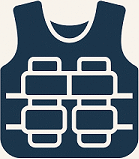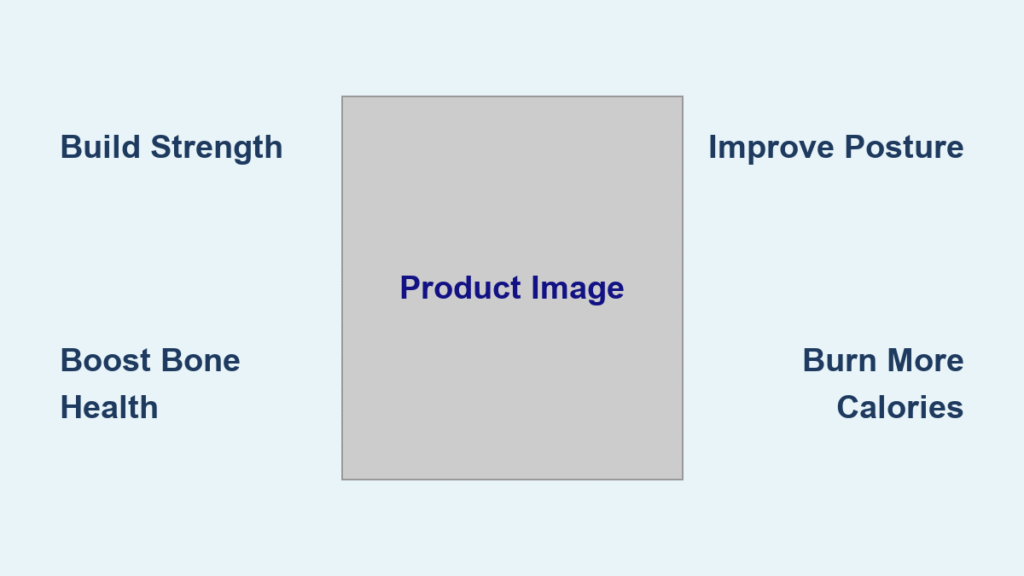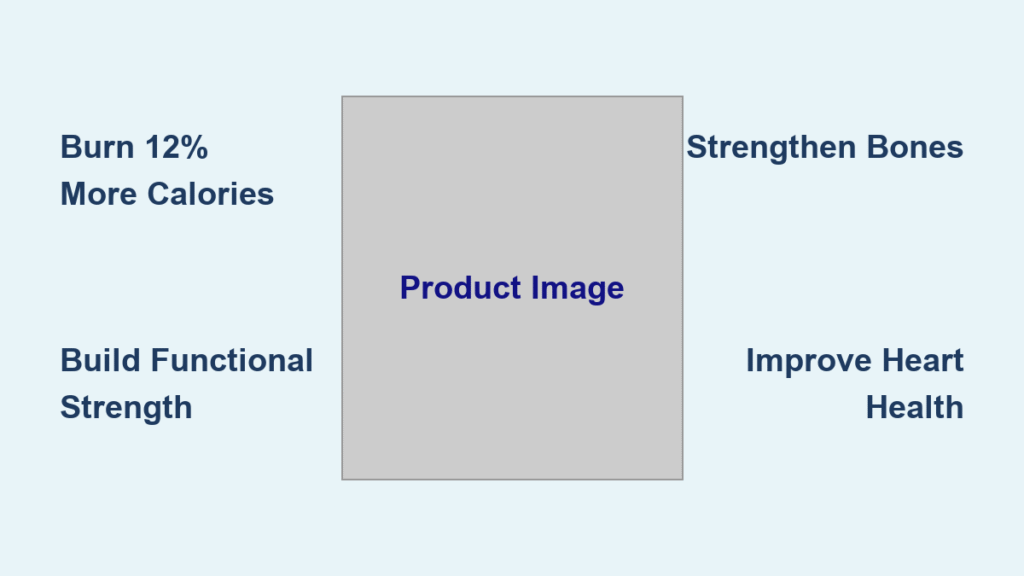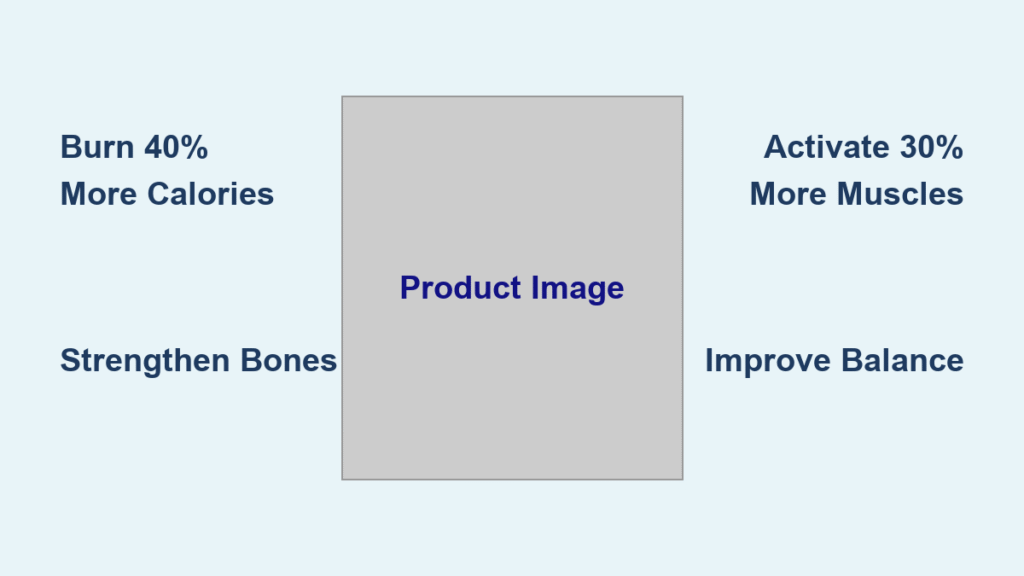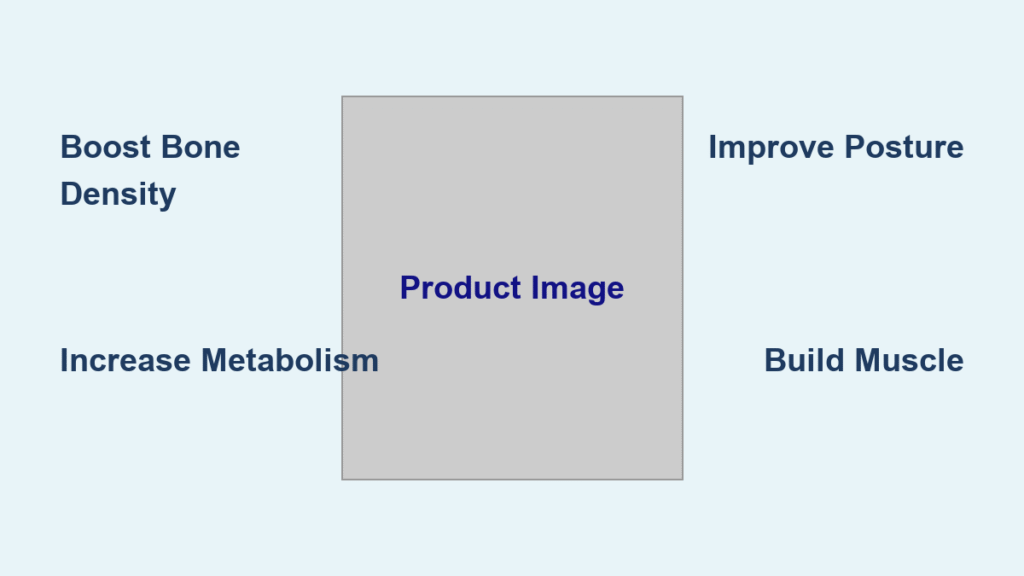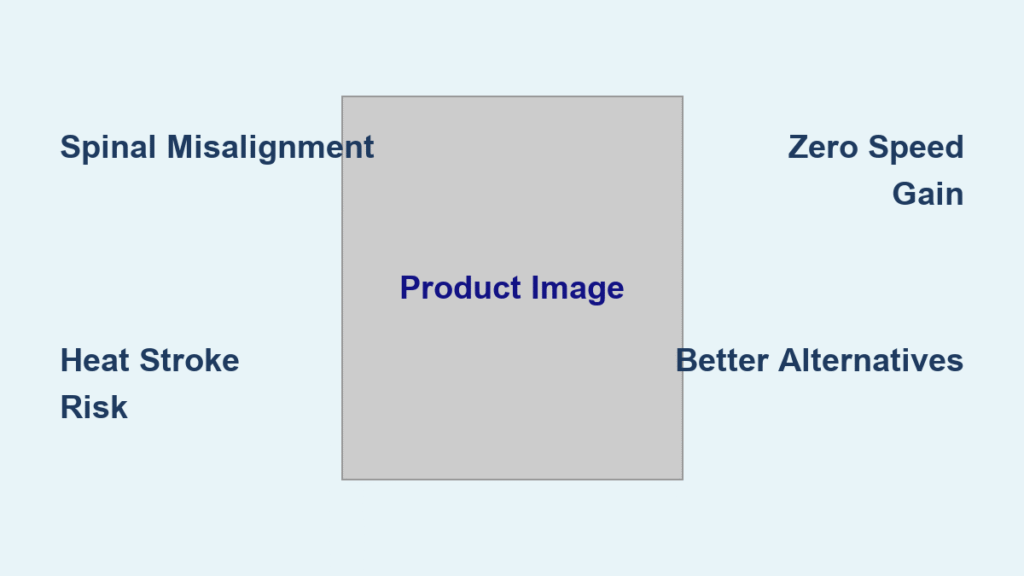That extra 10 pounds you carry in your grocery bags? A properly fitted weight vest turns everyday movements into powerful resistance training—without gym memberships or complex equipment. Research confirms that adding just 5-10% of your body weight through a vest triggers measurable physiological changes, from stronger bones to faster race times. Whether you’re walking the dog or doing push-ups, this single tool transforms mundane activities into muscle-building, metabolism-boosting sessions. Discover exactly how weight vest training delivers results other fitness tools can’t match—and why it’s earned a spot in physical therapy clinics and elite training facilities worldwide.
Preserve Bone Density During Weight Loss
When dieting, your body often sacrifices bone mass along with fat—a dangerous trade-off especially for women over 50. Weight vests combat this by applying controlled stress to skeletal structures. The Wake Forest University study revealed older adults wearing vests six hours daily during calorie restriction retained significantly more hip bone mineral density than non-vest wearers. This happens because the added load stimulates osteoblasts—your bone-building cells—to deposit new mineral layers.
Critical Bone Health Strategy for Postmenopausal Women
While influencers claim vests “reverse osteoporosis,” experts like Dr. Monica Christmas caution they’re not replacements for squats or deadlifts. Instead, view them as supplemental armor during daily walks. For meaningful bone protection:
– Start light: 5% of body weight (e.g., 8 lbs for a 160-lb woman)
– Wear consistently: Aim for 2-3 hours daily during walks or chores
– Never skip strength days: Pair vest walks with barbell exercises twice weekly
Build Functional Strength Without Heavy Lifting
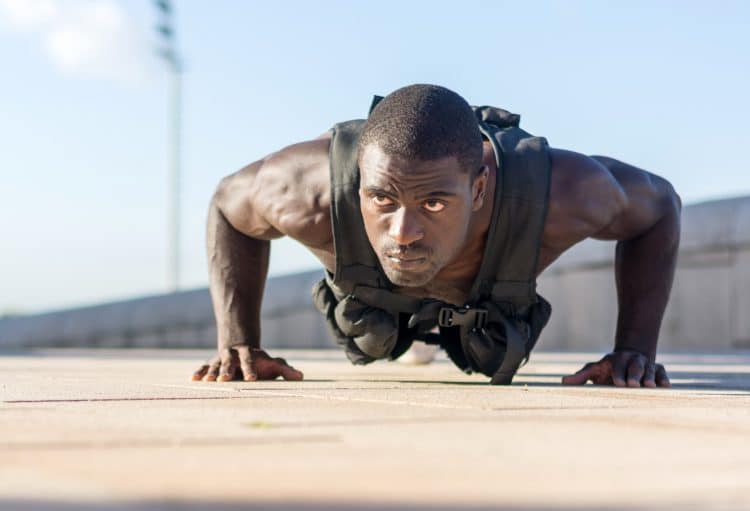
Forget bulky gym equipment—your vest makes bodyweight exercises dramatically more effective. By adding 5-20% of your body weight, you create instant mechanical tension that triggers muscle growth in often-neglected areas. Tufts University researchers observed elderly participants gaining measurable strength from simple vest-loaded chair stands and walking lunges.
Target Your Weakest Links
- Calves & quads: Feel the burn on stairs or inclines
- Deep core stabilizers: Maintain upright posture during walks
- Shoulder stabilizers: Push-ups become shoulder-sculpting drills
Pro tip: Use adjustable vests for 1-2 lb micro-progressions when adding dumbbells isn’t practical. This stealth overload builds real-world strength for carrying groceries or playing with grandkids.
Fix Slouching in Real Time

That nagging forward head posture? A properly positioned vest acts like an invisible posture coach. The downward pull automatically retracts your shoulders while engaging deep spinal stabilizers. Though peer-reviewed studies are limited, fitness experts like Denise Austin consistently report clients stand taller within two weeks of daily vest use.
The Mirror Test for Perfect Alignment
Stand sideways wearing your vest. If your ear, shoulder, hip, and ankle don’t form a straight vertical line:
1. Tighten waist straps until weight ends at your navel
2. Engage your core as if bracing for a light punch
3. Roll shoulders back 10 times while walking
This proprioceptive feedback rewires posture habits faster than any reminder app.
Burn 70 Extra Calories Per Walk
Adding 10% of your body weight (e.g., 15 lbs for a 150-lb person) increases calorie burn by 7-15% during level walking. That’s 50-70 extra calories per 30-minute walk—equivalent to skipping a small cookie daily without changing your pace. The magic lies in physics: every step requires more muscular effort against gravity, elevating energy expenditure immediately.
Double-Duty Cardio Hack
Same route, same speed—but your heart works 5-10 bpm harder. This transforms moderate walks into vigorous cardio sessions, improving cardiovascular fitness while shedding fat. For maximum metabolic impact:
– Wear vest during errands or dog walks
– Hydrate aggressively (vests increase sweat loss)
– Pair with intermittent hills for 30% higher calorie burn
Shave Seconds Off Your 5K Time
Runners using vests at 5-10% body weight see measurable speed gains. Research shows improved lactate threshold and delayed fatigue because the added load forces your cardiovascular system to adapt. Soccer players wearing 5-10 lb vests during warm-ups even demonstrated better agility scores on field tests.
Sport-Specific Programming
- Sprinters: 6-10 x 20m sprints at ≤10% body weight
- Trail runners: 4-6 x 30-second hill repeats at 5% load
- Endurance athletes: Remove vest before stretching to avoid spinal compression
Key: Never exceed 10% body weight during running—higher loads alter gait and increase injury risk.
Prevent Falls With Daily Stability Training
The Wake Forest study noted something unexpected: vest wearers reported fewer near-fall incidents during daily tasks. Why? The uneven weight distribution challenges dynamic balance, sharpening neuromuscular responses exactly where aging causes decline. Simple weighted step-ups (8-12 inch box) mimic real-world stair challenges better than any machine.
Balance-Boosting Routine
- Walk backward for 30 seconds (vest on)
- Stand on one leg while brushing teeth (vest optional)
- Perform 10 weighted step-ups daily
This trains the hip stabilizers and ankle muscles that prevent falls—no fancy equipment required.
Avoid These 4 Costly Mistakes
| Mistake | Consequence | Fix |
|---|---|---|
| Starting at 20+ lbs | Knee/hip pain within days | Begin at 5% body weight (max 8-12 lbs) |
| Wearing during yoga | Restricted breathing & overheating | Remove for flexibility work |
| Ignoring fit issues | Chafing, shoulder numbness | Weight must end at navel; straps snug |
| Skipping warm-ups | Strained lower back | 5-min dynamic mobility pre-vest |
Choose Your Perfect Vest in 90 Seconds

Weight type: Adjustable vests (Hyper Vest Pro) allow micro-progressions; fixed-weight (Reebok 12-lb) only if you know exact needs.
Critical fit checks:
– Torso length ends at belly button
– Shoulder straps wide/padded (no digging)
– Mesh panels for breathability
– Zero bounce during jumping jacks
Style match:
– Runners → Shoulder-holster style
– Calisthenics → Tactical plate-carrier
– Daily walks → Torso-covering Velcro front
Your 6-Week Jumpstart Plan
| Week | Load | Duration | Terrain |
|---|---|---|---|
| 1-2 | 5% body weight | 10-20 min | Flat surfaces |
| 3-4 | Same load | 20-30 min | Slight inclines |
| 5-6 | +1-2 lbs | 30-45 min | Interval hills |
Golden rule: Advance either duration OR load weekly—never both. If joints ache, revert to previous week’s parameters.
Stop Immediately If You Experience:
- Sharp knee, hip, or back pain
- Numbness in arms or legs
- Dizziness disproportionate to effort
- Inability to maintain upright posture
Final Takeaway: A weight vest is the ultimate fitness force multiplier—turning walks into strength sessions and errands into bone-building workouts. Start at just 5% of your body weight, prioritize perfect fit over heavy loads, and let science do the heavy lifting. Whether you’re preserving mobility at 70 or shaving minutes off your marathon time at 30, this single tool delivers benefits no treadmill or dumbbell can match. Your strongest, most resilient self starts with the next step—weighted.
